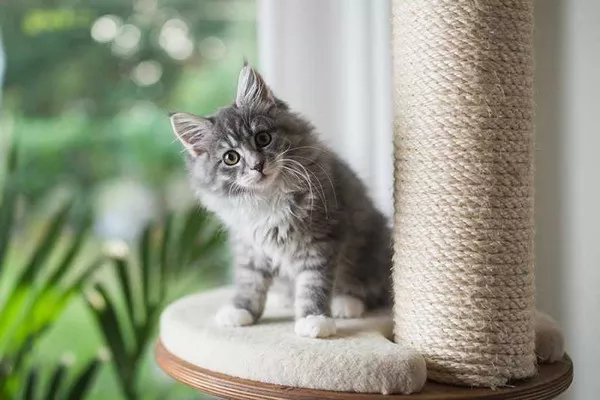The Balinese cat is a breed of domestic cat that originated in the United States in the 1950s. This breed is known for its striking blue eyes and long, silky coat, which is similar to that of the Siamese cat. Like all cats, the Balinese has a limited lifespan, and it is important for owners to be aware of the factors that can affect their cat’s longevity.
On average, the lifespan of a Balinese cat is between 12 and 16 years, although some cats may live longer or shorter depending on various factors. One of the most important factors that can influence a cat’s lifespan is genetics. Some cats may be predisposed to certain health conditions or diseases that can shorten their lifespan, while others may be relatively healthy and live well into their senior years.
Another important factor that can affect the lifespan of a Balinese cat is their environment and lifestyle. Cats that are kept indoors and provided with a healthy diet, regular exercise, and preventive veterinary care are more likely to live longer and healthier lives than cats that are allowed to roam outdoors or are fed an unhealthy diet.
In addition to genetics and lifestyle factors, there are also several health conditions that can affect the lifespan of a Balinese cat. These may include:
- Feline leukemia virus (FeLV) – This viral infection can cause a range of symptoms, including lethargy, weight loss, and an increased risk of other infections. FeLV can shorten a cat’s lifespan, although there are vaccines available to help prevent the disease.
- Feline immunodeficiency virus (FIV) – This viral infection affects a cat’s immune system and can lead to a range of health problems. FIV can be managed with appropriate veterinary care, but it can also shorten a cat’s lifespan.
- Kidney disease – This is a common health problem in cats, especially as they age. Kidney disease can be managed with appropriate treatment, but it can also eventually lead to kidney failure and a shortened lifespan.
- Dental disease – Dental problems can cause pain, infection, and other health issues that can affect a cat’s overall health and lifespan.
To help ensure that your Balinese cat lives a long and healthy life, it is important to provide them with a healthy diet, regular exercise, and preventive veterinary care. This may include annual wellness exams, vaccinations, parasite prevention, dental cleanings, and regular bloodwork to monitor for signs of any underlying health problems.
In addition, it is important to be aware of any changes in your cat’s behavior or health and to seek veterinary care as soon as possible if you notice any concerning symptoms. Early detection and treatment of health problems can help improve your cat’s chances of a longer and healthier life.
In conclusion, the lifespan of a Balinese cat is typically between 12 and 16 years, although this can vary depending on a range of factors. By providing your cat with a healthy lifestyle, preventive veterinary care, and early treatment of any health problems, you can help ensure that your Balinese cat lives a long and happy life by your side.


























